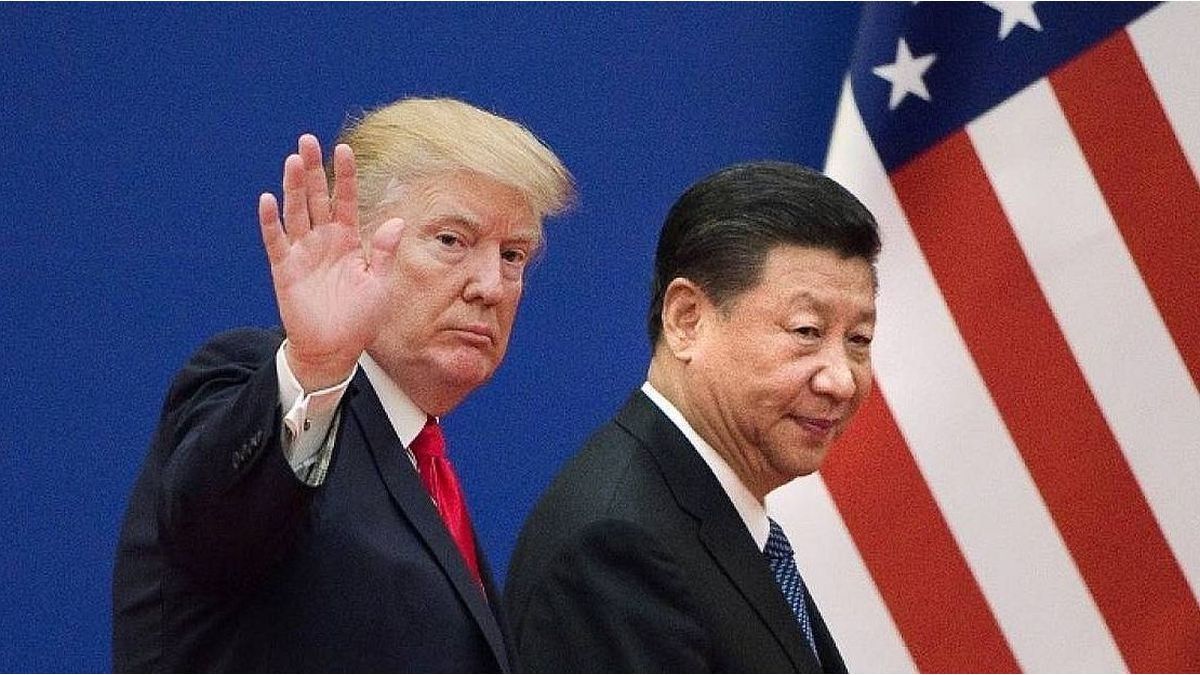Among the latter The adoption of artificial intelligence -ia- is highlighted as a relevant factor to determine who will be the winners of the future financial system. The global explosion in the use of generative AI agents, not exempt from risks, is not only oriented to optimize internal efficiency of companies, but also to offer hyperpersonalized experiences in investments, credits and payments, as well as manage risks with greater precision, adapting more agilely to regulatory and technological changes.
In this framework, players from the universe called Fintech and the local and foreign capital market have decided to join the Argentine bank segment, forming an increasingly interconnected financial ecosystem where various entities (banks, financial companies, payment suppliers, several agents operating in capital and crypto markets) They compete to loyalty the largest number of customers under unique platforms.
New players in the Argentine banking system
Recently a different set of new actors; Super-Applications (Mercado Libre -meli-), International Digital Banks (Revolution and possibly in the near future Brazilian cloud) and capital market agents (Capital Cocos) They have announced their entry into the Argentine banking system. Some of them (MercadoLibre and Cocos Capital) already participate in other segments of the local market, while Revolut the largest digital bank in Europe plans to enter the strategic Argentine bank market leveraged in these new technologies that already intensively uses intensively in the rest of the numerous countries in which it operates.
On June 17, 2025 Meli submitted a request to obtain a bank license to the BCRA. The Latin American E-Commerce giant already has authorization from the Central Bank to act in different segments of the Argentine financial market, as a payment service provider (MercadoPago) and as a non-financial provider of credit services, anchoring through the different financial trust series called “Credit Market”. On the side of the capital market, the CNV this year authorized Mercado Asset Management to act as a company Manager of Common Investment Funds and Market Payment SRL to function as an agent of placement of placement and integral distribution of common investment funds (ACDI). All these features fueled by the AI/Automatic Learning tools make of Mercado Libre, the main super-application that operates in our country, and allows it to customize its offer of financial products (and non-financial) in addition to improving the user’s experience.
As a revealing element of the future importance of AI on this platform, Marcos Galperín in the letter announcing his farewell as Executive Director of Meli pointed out that in his new role his “approach will be put in the strategy,…, and in how we will continue applying artificial intelligence to transform our business and our company”.
Similar regional strategy had already followed Ulaanother company that has contributed to expand financial inclusion and also has numerous licenses to operate in payments, credits and investments both in the banking system and in the Argentine capital market.
Perhaps the biggest surprise in this revenue squad to the Argentine banking system has been the of Revolut buying the local bank Cetelem. Revolution, born in the United Kingdom in 2015, consolidated itself as one of the largest fentech in Europe, offering 100% digital financial services such as accounts, international transfers, investments and cryptocurrencies.
The adoption of Ia It has been a fundamental pillar in the growth strategy of this type of neoboncos where it stands out in addition to Revolution, (with more than 60 million customers) the Brazilian cloud, an entity that would also be interested in buying a local bank. In the case of Revolution, the AI has served to customize the customer experience and develop new products agilely. The European Digital Bank has integrated an AI assistant in its application to help users analyze their expenses, create budgets and obtain information about financial products.
However, The entrance path of Fintechs and Digital Banks in the banking world is not exempt from difficulties. Currently this type of institutions shows In our country profitability indicators (calculated on assets and on assets -roe and roa-) lower than those of the system. In addition, and beyond the business itself, considering that a part of the growth of the Fintech industry globally is explained by the lowest regulatory load that this segment has had versus its bank peers, especially from the Lehman Brothers crisis in 2008, the decision of these Companies also implies entering a new more demanding regulatory perimeter drawn by the BCRA that reaches all the companies of the group.
Finally, Capital Cocos One of the fastest growing agents in the local capital market In recent years he has also announced his entry to the bank segment a couple of weeks through the purchase of Bank VOII.
Perhaps one of the indicators that explains the landing of these entities in the banking universe lies in the low percentages of credits that are granted in Argentina compared to other countries. Adding various credit sources: banks, non -bank cards, mutuals and other suppliers The percentage of credits granted in Argentina on the internal gross product does not reach 20%while countries like Brazil that relationship (credit/GDP) exceeds 70%.
The movement of these players chained with a greater opening of the Argentine financial system, and the rapid adoption of new technologies It will possibly lead to other relevant actors of the non -banking sector to rethink their strategies. As an example, Payment suppliers as Pay personnelwith the entire client network of the telephone companies behind; Agents capital market leaders very consolidated in your sector Like Allariaeither International or local virtual asset suppliers such as Binance or Lemon, Among many others, they must recalculate their positioning and alliances to stay competitive in the medium term within the system.
For its part Traditional banks have not been left with a crossed and, at different rhythm, advance in the digitalization of their operationstrying to prudently incorporate these new technologies that came to stay.
Structurally the local financial systemdue in part to the macroeconomic instability of decades, is characterized by its Entropy, This is understood as uncertainty, fragmentation and volatility, which although it has negative aspects also works as an innovation engine, forcing To the actors to reinvent themselves, which explains why Argentina, despite their crises, is one of the most vibrant Fintech ecosystems in the region.
Possible winners and regulatory scheme
In terms of how it will be reconfigured or Who will be the winners in this competitive framework, the future is not writtenhowever, Those most innovative institutions, with more access to capital and that better know how to interpret and incorporate these new technologies will surely be better positioned to occupy a relevant role in an biddress market that would seem to be very populated.
Although there are duplications, (same company with various licenses), under the authorization of the BCRA in Argentina operate among other entities, 74 financial entities, 194 payment services providers and 517 non -financial credit suppliers. For its part, the CNV supervises 173 liquidation and compensation agents, 64 Company Investment Fund Manager, 191 FCI placement and distribution agents, already 144 suppliers of virtual asset services.
In this new financial universe National supra marked by complex technologies, in which digital wallets and applications of all kinds proliferatewhere The differentiation between the traditional banking world and the rest of the system seems to blur, The role of regulators deserves to rethink in all its dimensions. Beyond the degree of regulation that is defined, segmentation in two different regulatorsthe Central Bank of the Argentine Republic and the National Securities Commission To address the same totally cross -linked financial ecosystem, it is increasingly anachronisticgenerating inefficiencies that end up unprotected retail savers. Integral regulatory and supervision schemes adopted by neighboring countries such as Chile or Uruguay can be examples to adapt to this new reality.
In this framework, the new challenges faced by all actors acting in the public and private financial system are enormous and require imagination and strategic and multidisciplinary thinking.
Former president of the National Securities Commission (CNV) and Professor of Technological Finance at the University of Buenos Aires (UBA)
Source: Ambito
David William is a talented author who has made a name for himself in the world of writing. He is a professional author who writes on a wide range of topics, from general interest to opinion news. David is currently working as a writer at 24 hours worlds where he brings his unique perspective and in-depth research to his articles, making them both informative and engaging.




